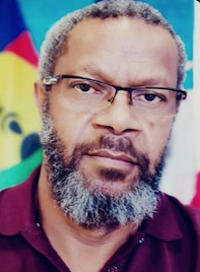My Chinese-speaking wife and I recently traveled to nine different cities and towns in China over the course of a month, our fourth trip since 2005. We were also to go in 2020, but the covid lockdown canceled it. That year we could have booked a train ticket to Xinjiang and traveled around that province no questions asked, though Western media claimed we’d be in the midst of the bogus Uyghur “genocide.” One example of the endless disinformation about China.
Of our most significant impressions of China, the first is the contrast between the stories the corporate media tell us about China, what they don’t want us to know, and the reality we see. The Wall Street Journal for example, asserted, “China’s economy limps into 2024” whereas in contrast the US was marked by a “resilient domestic economy.” In reality, China grew 5.3% in the first quarter of 2024. The US grew at 1.6%, Germany and France grew just 0.2%, Britain at 0.6%, and Japan -0.5%. But economic crisis is racking China!
Two, China’s infrastructure surpasses anything in the US. Jimmy Carter said “How many miles of high-speed railroad do we have in this country? [zero] China has around 18,000 miles (29,000 km) of high-speed rail lines.” That was in 2019. Now it is 28,000 miles and trains can travel 220 miles per hour. A train from Shanghai to Kunming, the distance from Philadelphia to Los Angeles, takes 11 hours 40 minutes and costs $127.
What we live with here appears very backwards in comparison. Their subway systems are decades ahead of those in the US; the US train system seems a century behind. Videos such as this show what they have achieved.
Three, after experiencing China’s incredible infrastructure, you realize how the trillions of dollars spent on endless war have impoverished us. The US blows things up instead of building things to improve public well-being. Carter said the US “has wasted, I think, $3 trillion” on military spending ($5.9 trillion between 2001-2018). “Since 1979, do you know how many times China has been at war with anybody? None, and we have stayed at war. China has not wasted a single penny on war, and that’s why they’re ahead of us. In almost every way…We’d have high-speed railroad. We’d have bridges that aren’t collapsing, we’d have roads that are maintained properly. Our education system would be as good as that of say South Korea or Hong Kong.”
Four, clean and safe cities. We don’t see the omnipresent litter we do here. Every day a veritable army of public workers clean the streets, sidewalks, subways, parks, and other public places. These are not simply litter free, but clean. Workers making sure of it. In the US we would expect this in private buildings, universities, hospitals, fancy hotels, but not in public spaces.
Cities are not just visually clean – the noise pollution is less. Vehicle noise – and exhaust – is much less than here because buses and many cars are electric. The streets are full of people riding motorbikes, all electric ones. One in four Chinese, 350 million, have an electric scooter.
City parks are not simply clean, but make people feel welcomed and provided with activities to engage with others – ping pong, mahjong, badminton, dancing clubs, music groups, Tai Chi, exercise groups. Many elderly take part in these free public activities. Men retire at age 60, blue-collar women at 50, white-collar women at 55. Workers in health-harming professions such as underground, high-altitude, labor-intensive jobs enjoy a five-year reduction.
The pleasant, well-designed and well-kept parks often have monuments to Chinese heroes from battles against Japanese or Chiang Kai-Shek’s troops.
You can take the metro and walk anywhere and not worry about it being dirty or worry about crime.
Chinese cities have very cheap public bicycles for people on a massive scale. In Hangzhou in 2023 they had 116,000. It cost me 75 cents to use one for a day. A monthly pass drastically reduces that. In Guangzhou a monthly pass costs only $1.40.
That infamous Chinese air pollution? We went to Shanghai, Hangzhou, Suzhou, Chengdu, Kunming, Guangzhou, all of which had an air quality index lower than the much less populous city of Chicago (you can check on the weather app on your phone). Today, of the world’s hundred most polluted cities, 83 are in India, just 4 in China.
Everyone seems to have a phone, used for everything – paying for what you buy through QR codes, making train, museum, hotel, bus, airplane reservations. Cash is becoming almost obsolete.
Five, an array of social services and benefits for the people. Besides very cheap public transport, China has public bathrooms everywhere. They are not like gas station bathrooms here, but decent ones like you find in big private hotels here and kept clean like them. You need not worry about where you and your children can go when in public. You don’t have to buy something from a store just to use a bathroom. You don’t smell pee anywhere. Some public bathrooms even have an electric board at the entrance telling you which stalls are occupied and which are vacant.
Seniors, even me, generally get half-price, such as at museums, national parks, on subways and trains. Many signs and regular announcements in public places ask you to mind and assist the elderly, children, and pregnant women around you.
Public service workers are everywhere, available to answer any questions you have. If they don’t know, they look it up on their phones. I saw hundreds of these public service workers in the cities and towns we toured. A downtown subway station with four entrances has four workers at each one to check your bags and belongings, a customer service office with one or two more, besides the workers cleaning the station, and the one or two on the platforms assisting riders. That may be 20-25 service workers. At a Chicago CTA stop you would find one worker. A telling reminder of how public service jobs have been cut here, and expanded in China.
WageCentre.com states the average Chinese salary is 9,500 yuan per month ($1,315) in major cities, which Statistica calls the average wage (which I think overstated). But we did find prices (and taxes) far less than here (save gas), except in Western stores, so you could at least double the buying power of a Chinese income. A subway ride was often under 50 cents (3 yuan), a bus is less – which a monthly pass cuts almost in half. A sit-down breakfast in a Chinese shop can be $5 for two; on the street, less.
Six, the complete absence of homeless people. You don’t come across unbathed people asking for money, people forced to sleep in tents in public parks, next to roadways, or on the subway. We were in nine different cities and saw just one down-and-out person on the street asking for money. The US, in the midst of wealth, has hundreds of thousands of homeless, including children, pregnant women, and the elderly. How many freeze to death in the winter, how many face hunger, seems a US state secret.
Seven, the qualitatively different nature of police relations with the people than here. The police don’t even look like US ones, armored as if for battle. I met only one with a gun; they simply carry a radio and a phone. They bear a closer similarity to our marshals at rallies than to US police. The police, like the other public workers, are there to assist you, answer your questions – when something would open, how we take public transportation to some place, the nearest ATM.
I recount two experiences with the Chinese police, which show the role Chinese police play as public servants. One day we took a train and then a bus to visit the Leshan Giant Buddha statue. When we were buying our entrance tickets, I found I had lost a little jacket from my backpack containing my wallet and our passports. Alarmed, we went to the local police station to report this.
Without passports, we cannot get back on the train to return to our hotel, check into any hotel, take our next flight, let alone leave the country. I resigned myself to spending the rest of our time in China trying to get new passports from the nearest US consulate. The local police asked us for a photo of my jacket and where we think we lost it.
Like in the US, China has video cameras most everywhere. But there, the police actually searched videos of where we told them we had been in the previous town, and in two hours reported they found where I lost it, but someone had taken it. They had to track him down. In just three hours since we reported it missing, the police had my jacket with everything and had driven to where we were to give it to us.
With cameras everywhere, many told us, China has greatly reduced crime. The difference between China and the US lies in the use cameras are put to. While cameras are omnipresent in US cities, there is zero chance police would search them to locate my jacket. Even if the US police did bother to devote any time to it, could they recover my jacket in a month?
We told the police how grateful we were for saving us, that the police wouldn’t do this in the US. The head of the station replied, “Yes, we know about the police in your country. No need to thank us. This is our job. We are just doing our job.”
My second noteworthy police experience is our arrival, after a day touring by taxi, four hours early to a small airport near Jiuzhaigou National Park. Ours was the one flight that day, and three kilometers away, the road to the airport was gated shut. The police there said it would open in two hours. But rather than have us stand outside the gate with our luggage, they opened the gate for us and four Chinese travelers, invited us to sit in their office, made us tea, and chatted with us. I cannot imagine police doing that in the US.
In Summary
The Chinese have devoted immense public funding to public services, making you feel the world outside your front door is clean, safe, and well-organized. As a result, you feel welcomed in public places, you feel your well-being is respected. What US subway system feels like a pleasant and welcoming space? New York City’s makes you feel you have entered Purgatory. Public transport here serves to move you from one place to another at the least expense to the government. Your comfort and well-being is irrelevant.
The overall feeling created in litter-free, clean, safe cities, with no homeless, staffed with many workers who keep it in order for the people, is that in contrast to here, the Chinese government has created a society that cares about you. In the US, you feel government is indifferent to your concerns – unless you have money.
We do have quality social programs here, including for the elderly. But these have been privatized. You must pay good money for it. As the 1960-70s social movements died down, the neoliberal approach began to prevail, social services were steadily cut and privatized, no longer next to free – quality senior centers, community health centers, public universities. They still exist – for those who pay for them. Quality social services here are not a human right. In China they are. There, more and better social services are increasingly provided – and maintained in top condition – for the people.
This reduces the daily stresses and discomforts we are accustomed to living with here. It creates a more civilized environment. As we know, when we are less stressed, we feel better about ourselves and act better towards others. That’s an achievement the impressive infrastructure and social services have created in China – reducing the general stress level of the whole population. China is creating a more humane place to live. Chinese who live here and go back to visit can tell you every year China gets better.
Similarly, when the US blockades a country, like Cuba, Venezuela, or Iran, it greatly increases the stress level in the population. It causes scarcities, which drives people to compete over scarce goods. That causes more personal and social conflicts.
Remember, at the start of the revolution just 75 years ago, China’s illiteracy rate was 80%. Now it is the most technologically advanced country on the planet. Equally world historic are the revolutionary gains in human rights for the hundreds of millions of women, progressing from beasts of burden owned by men to full and (nearly) equal citizens, all in the space of one lifetime. Moreover, in a mere forty years, as the Asia Development Bank states, China raised 750 million out of poverty, reducing poverty from 88% in 1981 to 0.1% in 2023.
China stands out today as the only country to ever surpass the US in development. The US rulers do not take this as an example to learn from, but as a mortal threat. China carefully accomplished this feat without being “regime changed,” attacked, or economically disabled by the US. The US succeeded in undermining the Soviet Union, then sabotaged the growing power of Japan and the European Union, and then broke the increasing closer relations between Russia and Europe by instigating the Ukraine war. But the various US strategies to disable China have failed one after another. As a result, today China presents a progressive and growing alternative force to the world power of the US empire.
The post
A Month Traveling in China first appeared on
Dissident Voice.
This post was originally published on Dissident Voice.
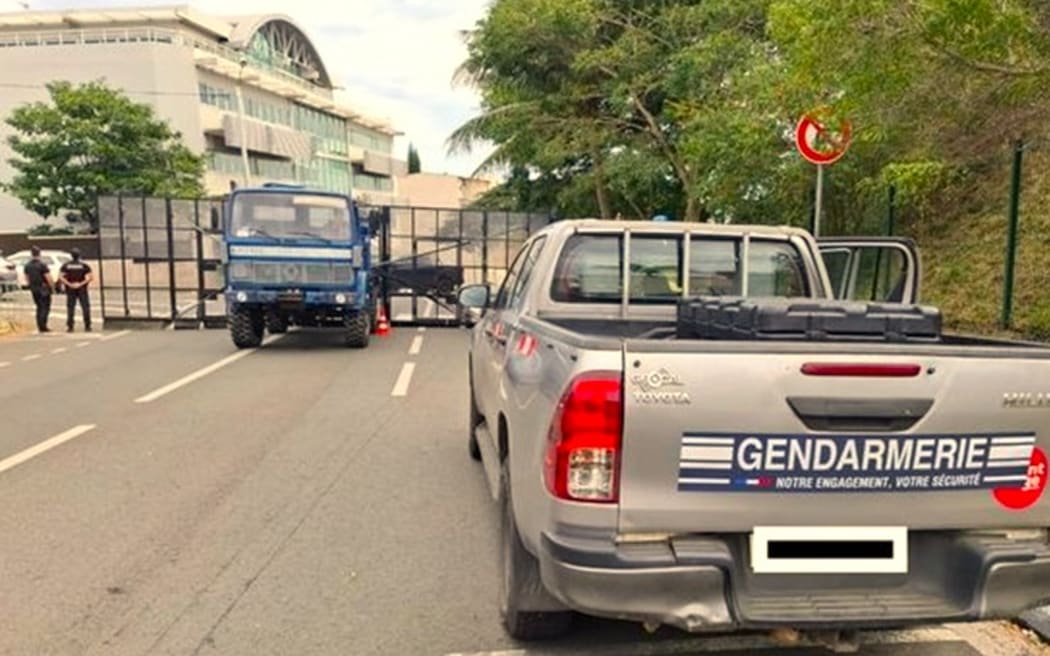
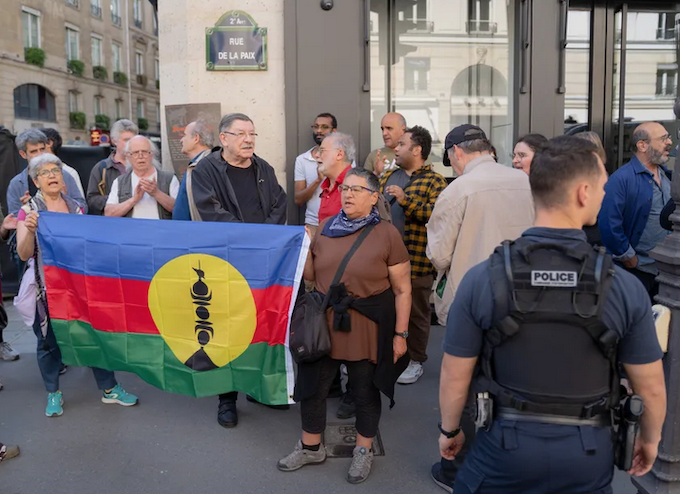
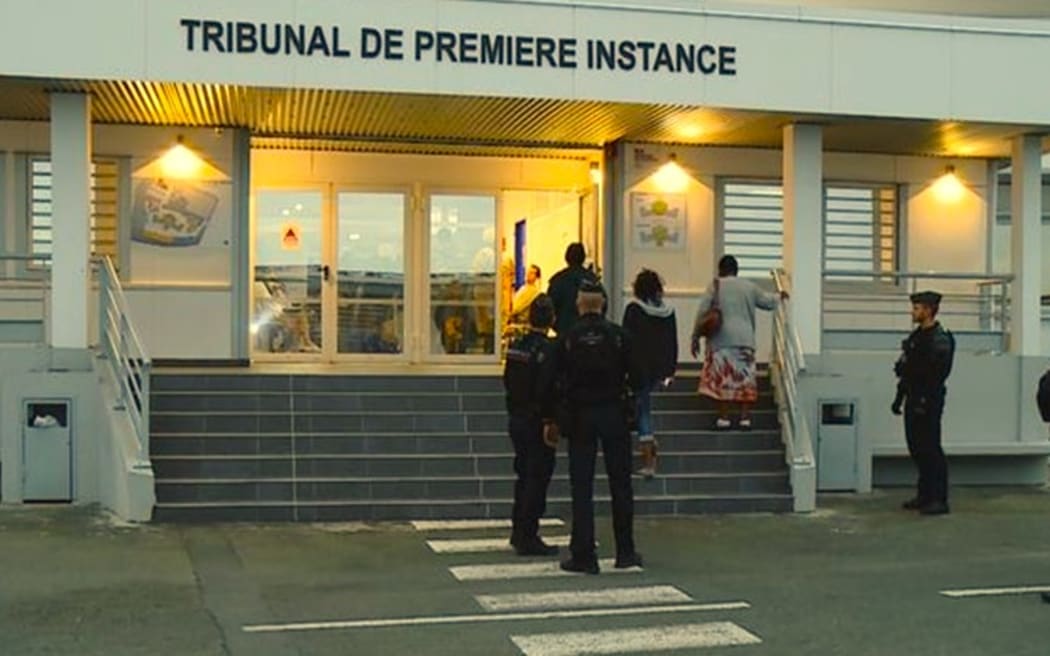
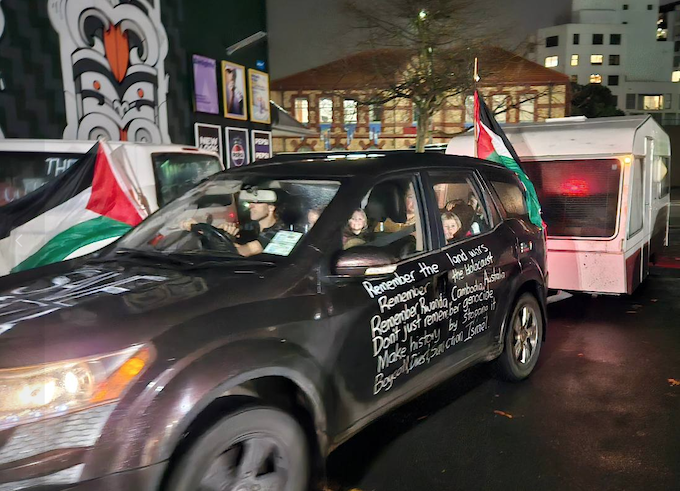
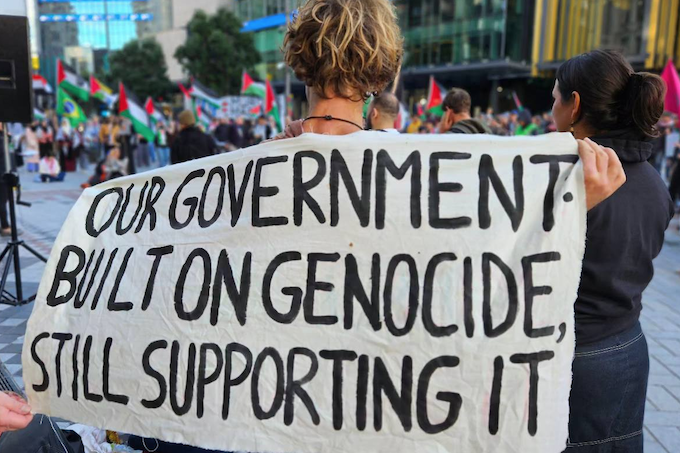
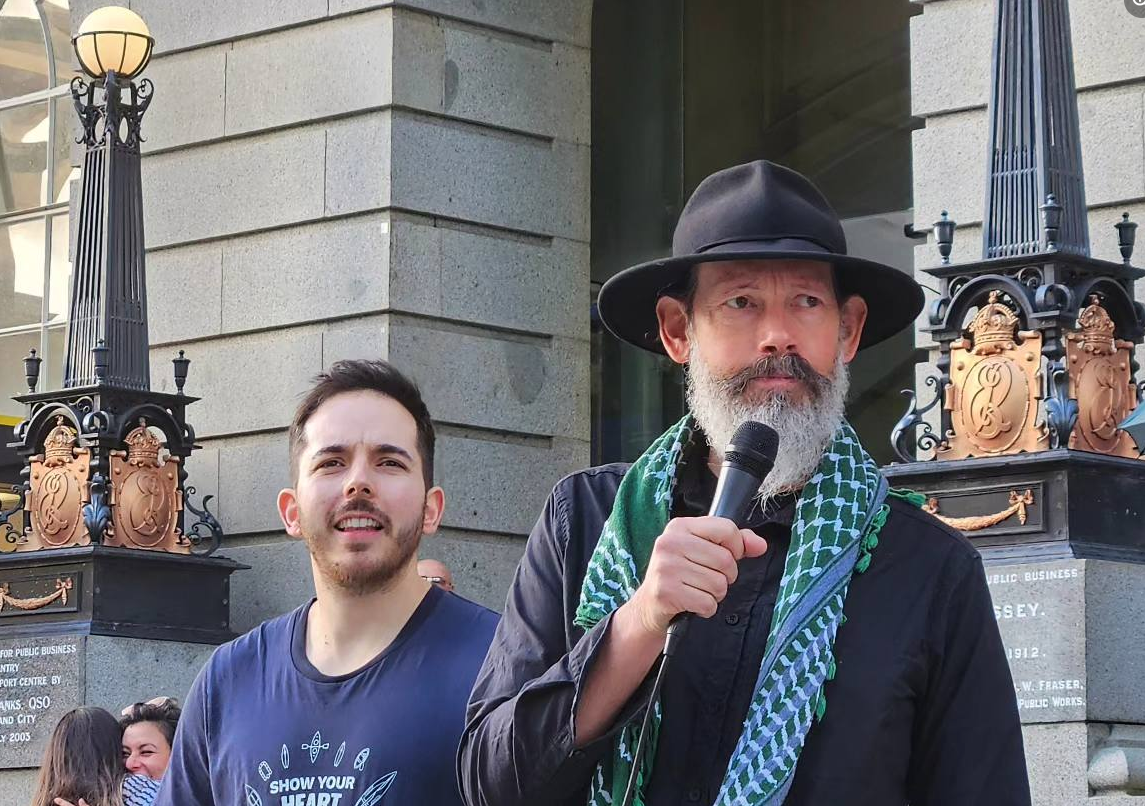
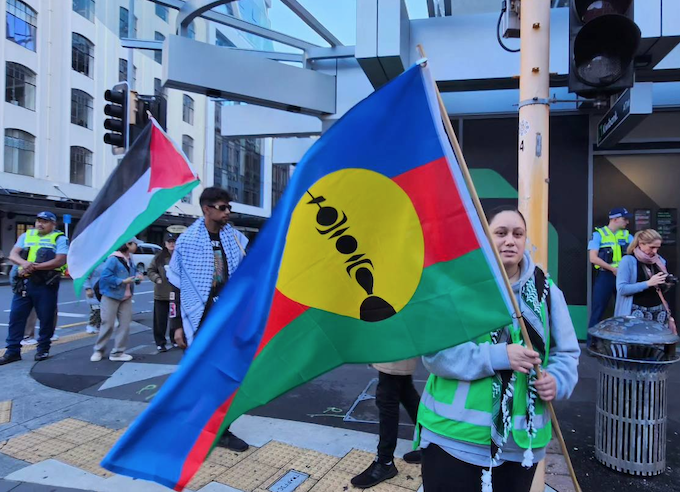
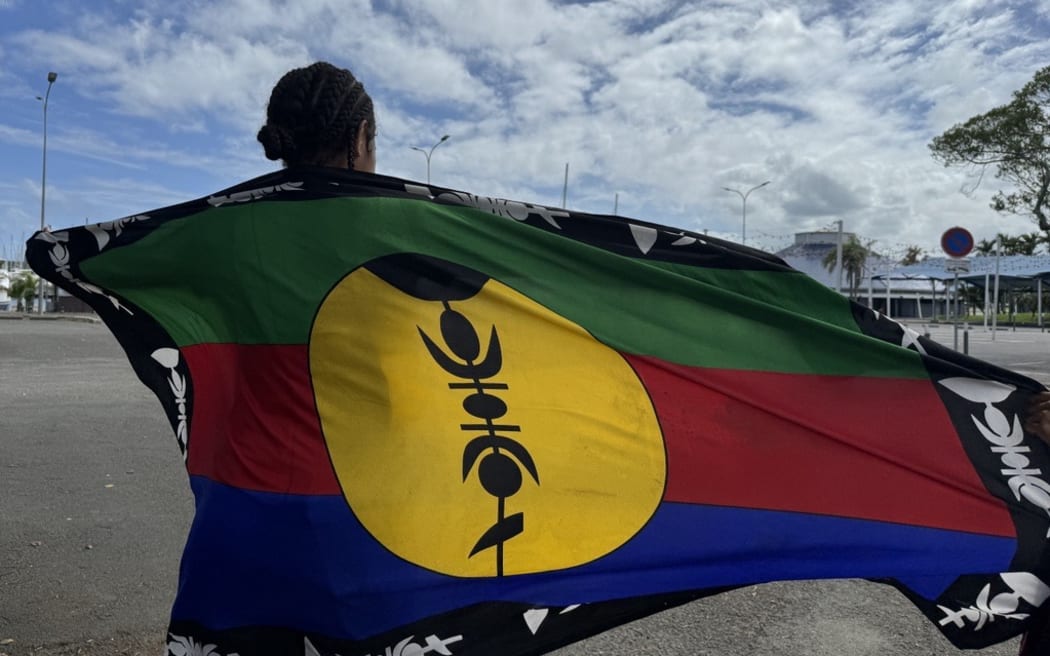
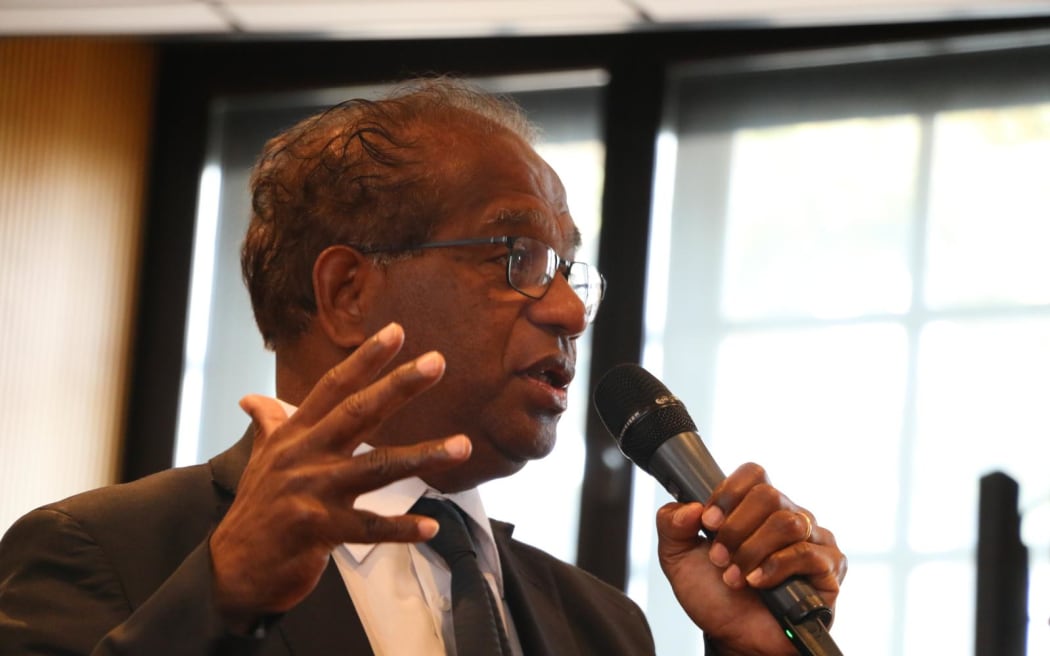
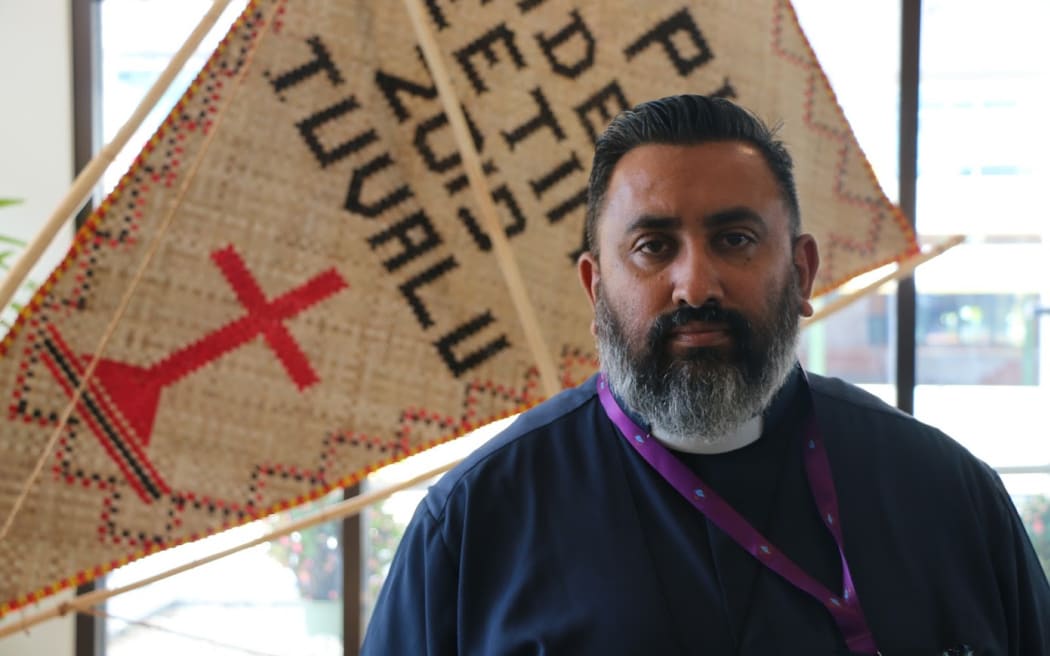



 (@Muguruki1)
(@Muguruki1)  #AintAsking 𓅿 (@TheDryhtscipe)
#AintAsking 𓅿 (@TheDryhtscipe)  Tragic news coming from
Tragic news coming from  (@RealBababanaras)
(@RealBababanaras) 

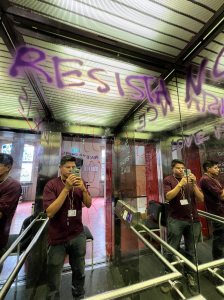




 (@RowxnBuriedIt)
(@RowxnBuriedIt) 

 (@penwingcries)
(@penwingcries) 